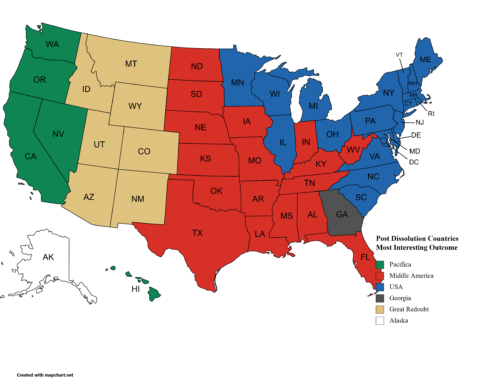A recent publication of the entire results of a 40 year old study on health and diet puts another nail in the coffin of what “everybody knows” regarding diet and heart disease. (https://www.washingtonpost.com/news/wonk/wp/2016/04/12/this-study-40-years-ago-could-have-reshaped-the-american-diet-but-it-was-never-fully-published/?wpmm=1&wpisrc=nl_most-draw5) This post isn’t about what we should or shouldn’t be eating. It is about truth in research and completeness in our search for knowledge.
As the article clearly states, the findings of the very large, methodologically sound long-term study seriously challenge widely held beliefs about what we ought to be eating and as well as government dietary guidelines. When findings like these are discovered and published decades after the studies, it does and ought to cast serious doubt on at least a segment of the scientific community as to why the findings weren’t completely published. It should also energize us all to question who stands to benefit from findings and how objective research is conducted.
In this case, there seems to be legitimate rationale for why the full results were not published 40 or so yeas ago. The computing power and programs we have for statistical analysis may not have been as strong or even existent back then. Lead authors die and may not have younger research partners to carry on the work. On the other hand, we also see that quite often research which tends to results in findings that are aligned with major supporters of the research ought to be questioned.
Research is often funded by interests outside the academic institution in which it is being conducted. Nothing new there. But it should make us look more closely at how the findings are concluded. An excellent example of this is research showing that payday loans don’t generally put borrowers in a cycle of debt. But as Freakonomics uncovers, not only did the payday industry fund the research, key players within an industry association exerted editorial influence beyond what would be considered appropriate in academic research.
What does this have to do with diet and health? The findings in the research linked above are a serious blow to government recommendations as well as an entire industry built up along these recommendations. And don’t think for a minute people haven’t figured out how to make money on “low-fat” diets. But when the government and advocacy groups know about findings and continue to pretend otherwise, not only does it call their motives into question, but it also makes a person wonder what else is agenda-driven, instead of truth-driven.
If for 40 years people have spent significant time and money avoiding certain fats and foods in a belief that it would result in a particular health effect, and if in fact the empirical evidence shows something different, then you cannot help but to think of what opportunity costs were missed by not spending time and money and diet doing something differently.
Always try to get to the ground truth. In strategic planning, in family finances, in evaluating a business merger, in deciding on a vacation spot, in buying a new car, try your best to take into account the potential motivations of the parties in play and get to the ground truth.
Truth isn’t good or bad. Truth just Is.
For more, please go to www.bgcts.com.
Keep thinking…





Leave A Comment